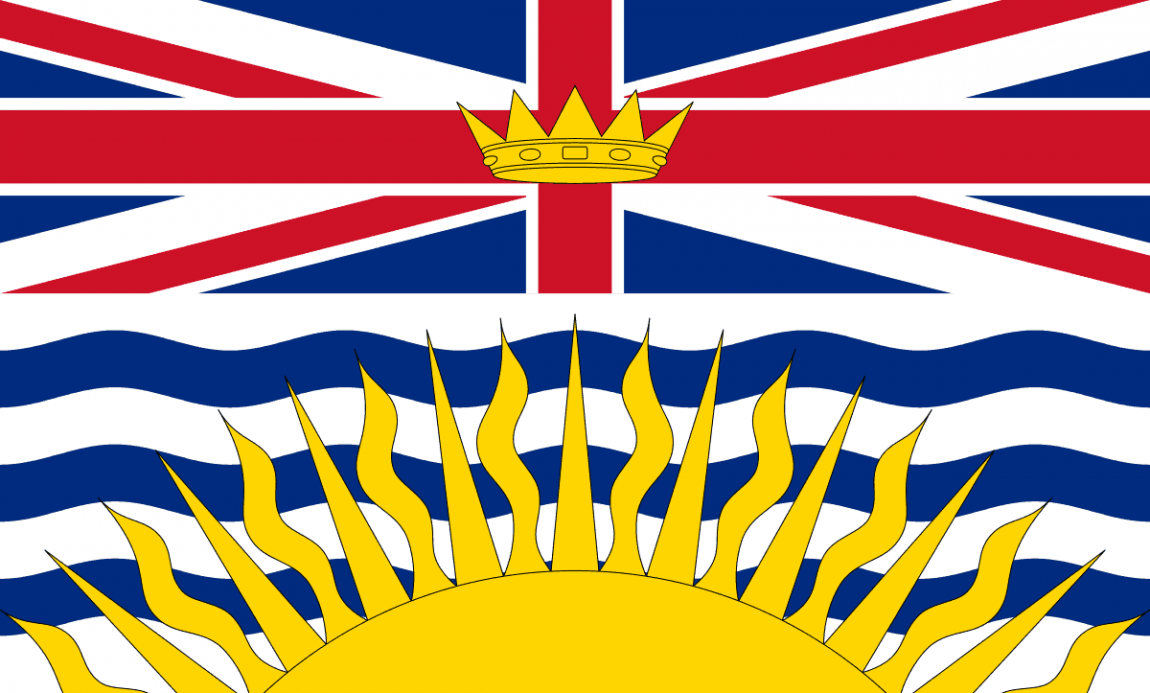British Columbia (BC; French: Colombie-Britannique) is the westernmost province of Canada, Situated between the Pacific Ocean along with Also the Rocky Mountains. With an estimated population of 4.8 million as of 2017, it is Canada’s third-most populous state.
The very first British settlement in the area was Fort Victoria, established in 1843, which gave rise to the City of Victoria, initially the capital of the distinct Colony of Vancouver Island. Subsequently, on the mainland, the Colony of British Columbia (1858–1866) was set by Richard Clement Moody and also the Royal Engineers, Columbia Detachment, in reaction to this Fraser Canyon Gold Rush. Moody was Chief Commissioner of Lands and Works for the Colony and also the initial Lieutenant-Governor of British Columbia: he was handpicked from the Colonial Office at London to transform British Columbia into the British Empire’s “bulwark in the farthest west”,and also “to found another England on the shores of the Pacific”. Moody selected the site for and based the first capital of British Columbia, New Westminster, established that the Cariboo Road and Stanley Park, and designed the initial version of the Coat of arms of British Columbia. Port Moody is called after him.
In 1866, Vancouver Island became a part of the colony of British Columbia, and Victoria became the country colony’s capital. In 1871, British Columbia became the sixth state of Canada. Its Latin motto is Splendor sine occasu (“Splendour without Diminishment”).
The capital of British Columbia remains Victoria, the fifteenth-largest metropolitan region at Canada, known for its Queen who made the first European colonies. The biggest city is Vancouver, the third-largest metropolitan area in Canada, the biggest in Western Canada, and also the second-largest from the Pacific Northwest. In October 2013, British Columbia had an estimated population of 4,606,371 (about 2.5 million of whom have been in Greater Vancouver). The province is presently regulated by the British Columbia New Democratic Party in a minority government supported by the Green Party of British Columbia, headed by John Horgan, that became premier as a consequence of a no-confidence movement on June 29, 2017.
British Columbia evolved from British possessions that were created in what is now British Columbia from 1871. First Nations, the first inhabitants of this property, have a background of at least 10,000 years in the region. Now there are just a few treaties and also the question of Aboriginal Title, long ignored, has become a political and legal question of frequent debate because of recent court activities. Notably, the Tsilhqot’at Country has established Aboriginal name to a portion of their land, as a result of the recent Supreme Court of Canada decision (William [Tsilhqot’in Nation] v. British Columbia).
BC’s economy is varied, with support producing industries accounting for the biggest part of the state’s GDP. It is the terminus of two transcontinental railways, and the website of 27 major marine freight and passenger terminals. Though less than 5 percent of its own enormous 944,735 km2(364,764 sq mi) land is arable, the province is agriculturally rich (especially from the Fraser and Okanagan valleys), because of milder weather near the shore and in certain sheltered southern valleys. Its climate promotes outdoor recreation and tourism, although its economic mainstay has long been resource extraction, chiefly logging, farming, and mining. Vancouver, the province’s largest city, serves as the headquarters of several western-based all-natural resource companies. It also benefits from a strong housing market and a per capita income well above the national average. While the coast of British Columbia and some valleys in the south-central part of the province have moderate weather, the vast majority of its land mass encounters a cold-winter-temperate climate similar to the remainder of Canada. The Northern Interior region has a subarctic climate with very cold winters. The climate of Vancouver is undoubtedly the mildest winter climate of the major Canadian cities, with nighttime January temperatures averaging above the freezing point.





